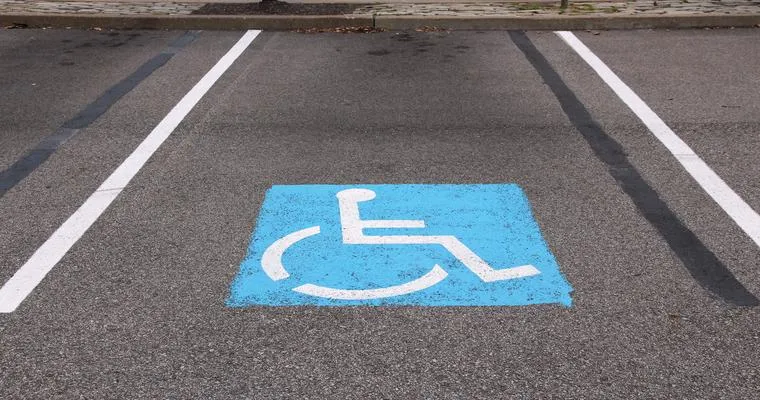Caring for a loved one with Alzheimer’s can be challenging, especially when they experience a "loss of mobility". This condition often leads to increased frustration and dependence on caregivers. Fortunately, there are several strategies and resources that can help make this transition smoother for your grandmother. By focusing on "adaptive equipment", "physical therapy", and emotional support, you can enhance her quality of life and maintain her dignity during this difficult time.
First and foremost, consider investing in "adaptive equipment" that can assist your grandmother with mobility. Items such as "walkers", "canes", or "wheelchairs" can provide necessary support and stability. When choosing the right equipment, ensure it is comfortable and easy for her to use. Consulting with a healthcare professional can help determine which tools would be most beneficial based on her specific needs.
In addition to equipment, incorporating "physical therapy" into her routine can significantly improve her mobility. A trained physical therapist can develop a personalized exercise program tailored to her abilities. Gentle exercises focusing on strength, balance, and flexibility can help maintain her physical condition and possibly slow down further loss of mobility. Engaging in regular physical activity not only promotes mobility but also boosts her mood and cognitive function.
Creating a safe and accessible home environment is crucial as well. Remove obstacles that may pose a risk of falling, such as area rugs or clutter. Install handrails in hallways and bathrooms to provide additional support. By making these changes, you can foster a sense of independence and security for your grandmother.
Emotional support plays a vital role in managing the challenges associated with loss of mobility. Regularly engage her in conversations, share stories, or involve her in simple activities she enjoys. Maintaining social connections can help alleviate feelings of isolation and depression that often accompany Alzheimer’s. Additionally, consider joining support groups for caregivers and families affected by Alzheimer’s. Sharing experiences with others can provide valuable insights and emotional relief.
Lastly, ensure that your grandmother is regularly evaluated by healthcare professionals. Monitoring her overall health and cognitive function is essential in managing Alzheimer’s effectively. By staying proactive in her care, you can make informed decisions that will support her mobility and well-being.
In conclusion, while the "loss of mobility" can be a distressing aspect of Alzheimer’s, there are numerous strategies to ease this transition. By utilizing "adaptive equipment", incorporating "physical therapy", creating a safe home environment, providing emotional support, and maintaining regular healthcare evaluations, you can greatly improve your grandmother’s quality of life. Remember that patience and understanding are key as you navigate this journey together.





